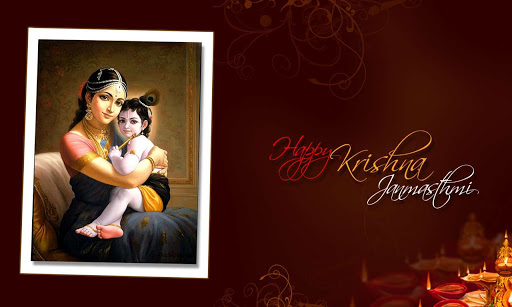RAKSHĀBANDHAN - RĀKHI
RAKSHĀBANDHAN
'RAKHI' or 'RAKSHĀBANDHAN'
is a popular and traditional Hindu festival and is celebrated by the peoples of
'Sanātan' community
all across the world. The word 'Rakshābandhan'
is a formed by the combination of two words 'Rakshā' (protection) and 'bandhan' (bond) meaning
forming a 'Bond of Protection, Obligation & Care'. The festival is
wholeheartedly celebrated in the northern, western and central parts of INDIA.
On this occasion the sisters of every age tie an amulet called Rakhi, around the wrists of their brothers, wishing and blessing them for their long, prosperous and happy life. This is followed by a gesture of adorable affection where the sister offers sweet to her brother and the brother in return gives a gift to his sister and promising the responsibility of her potential care. In Hindu culture the relation between a brother and a sister is considered to be very pious. However, this bond is not only confined between brother and sister; it also extends between the peoples who protect each other in critical times.
Rakshābandhan is observed on the last day of the Hindu Lunar calendar month of 'Shrāvan'. Therefore, the festival falls in the month of August. Region wise, the name and style of celebrating the festival differs like: Saluno, Silono and Rakri.
There are many incidents which tells us about the ancient
origin of 'Rakshābandhan
festival. Considering the length of the incidents it is not possible to
describe all of them in detail. However, some of these are being mentioned
here:
1. Queen of Heaven – Shashi, tied a protection amulet around
the wrist of King of Heaven -Indra which enabled him to gain victory over ‘Asurs’
(demons).
2. Lord Vishnu rescuing the ‘Rishis’ (sages) from the
torturous captivity of demon king Bali and after the rescue the Rishis tying
the protection amulet.






Comments
Post a Comment